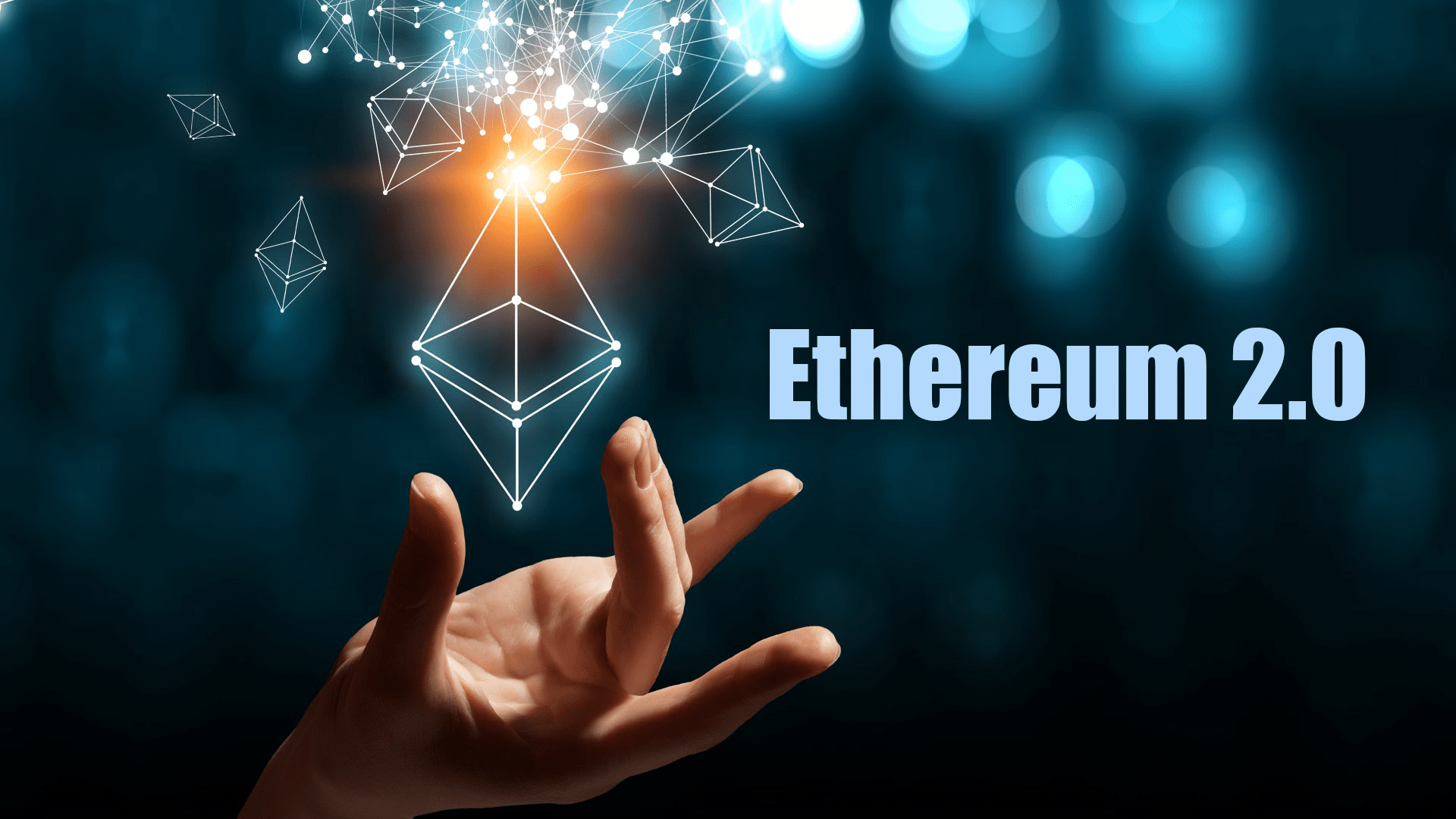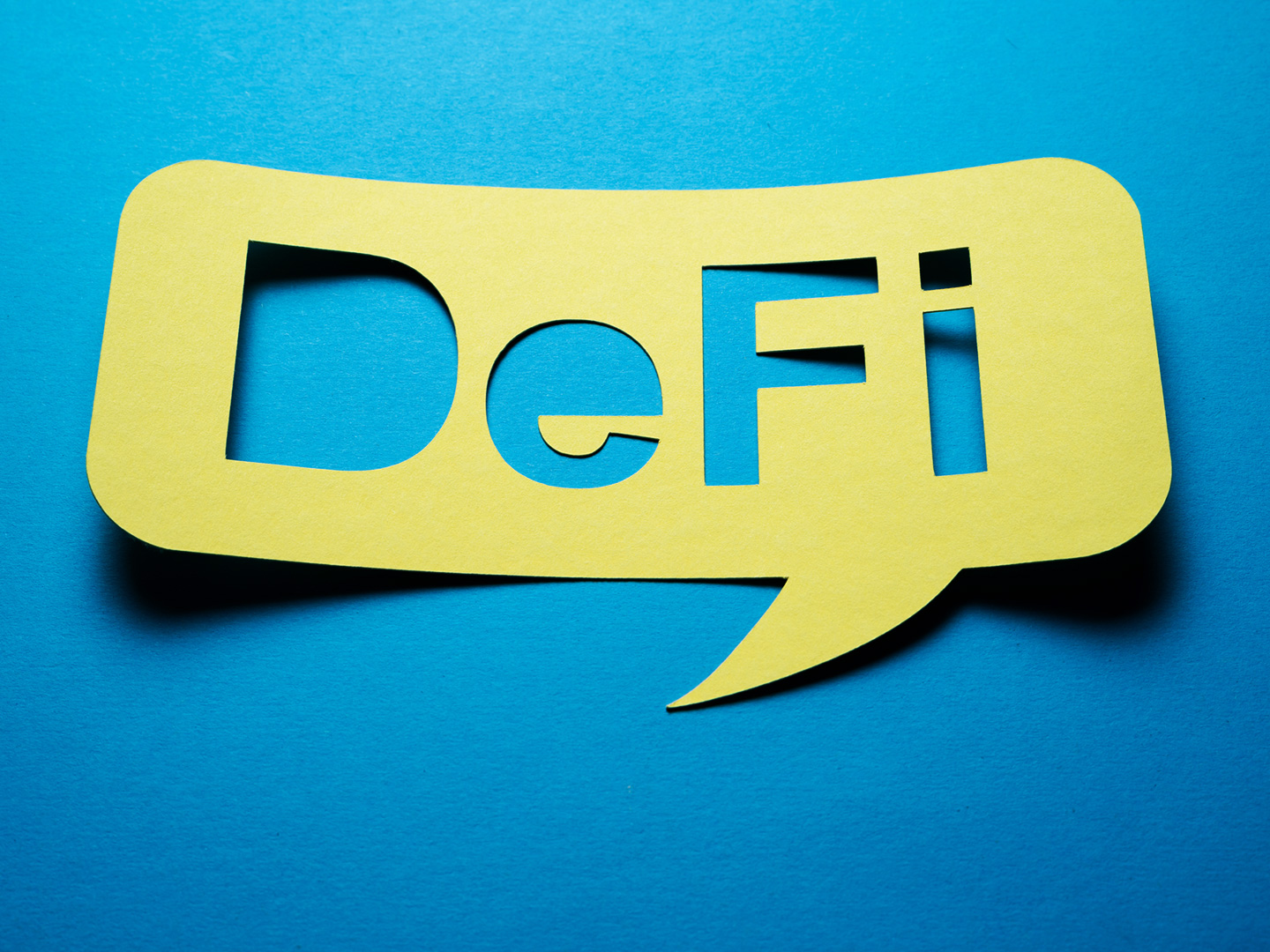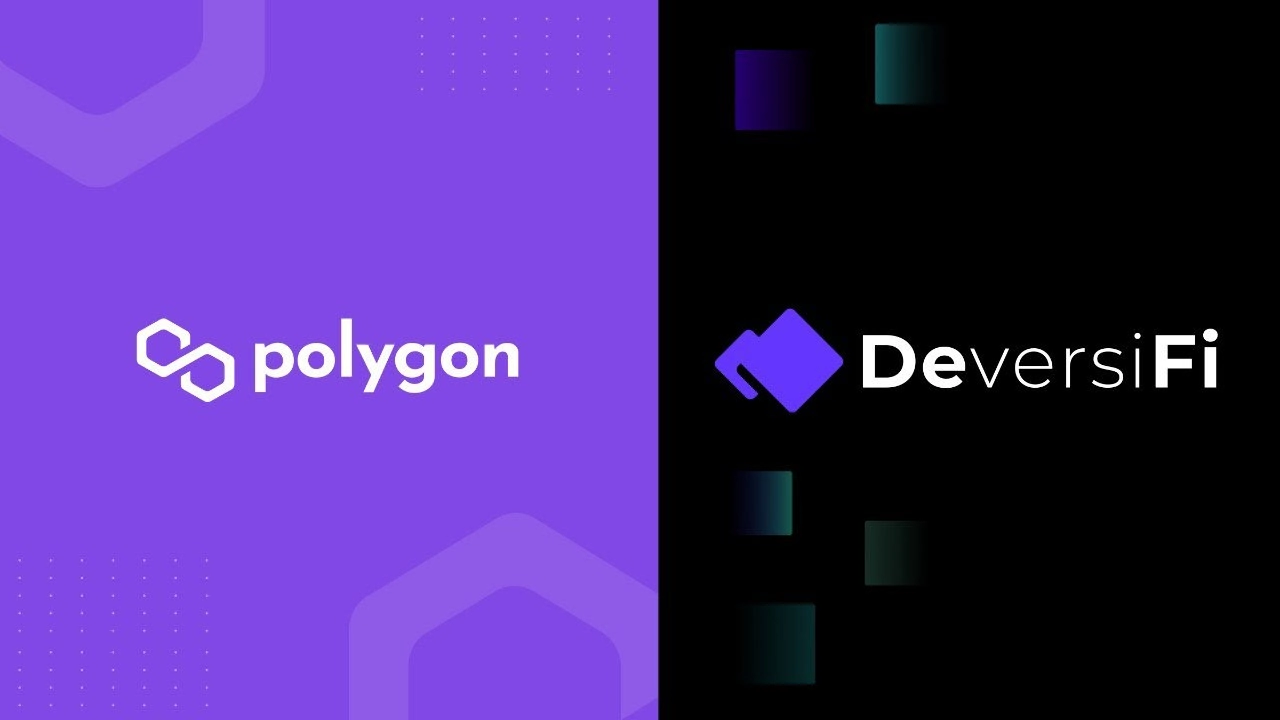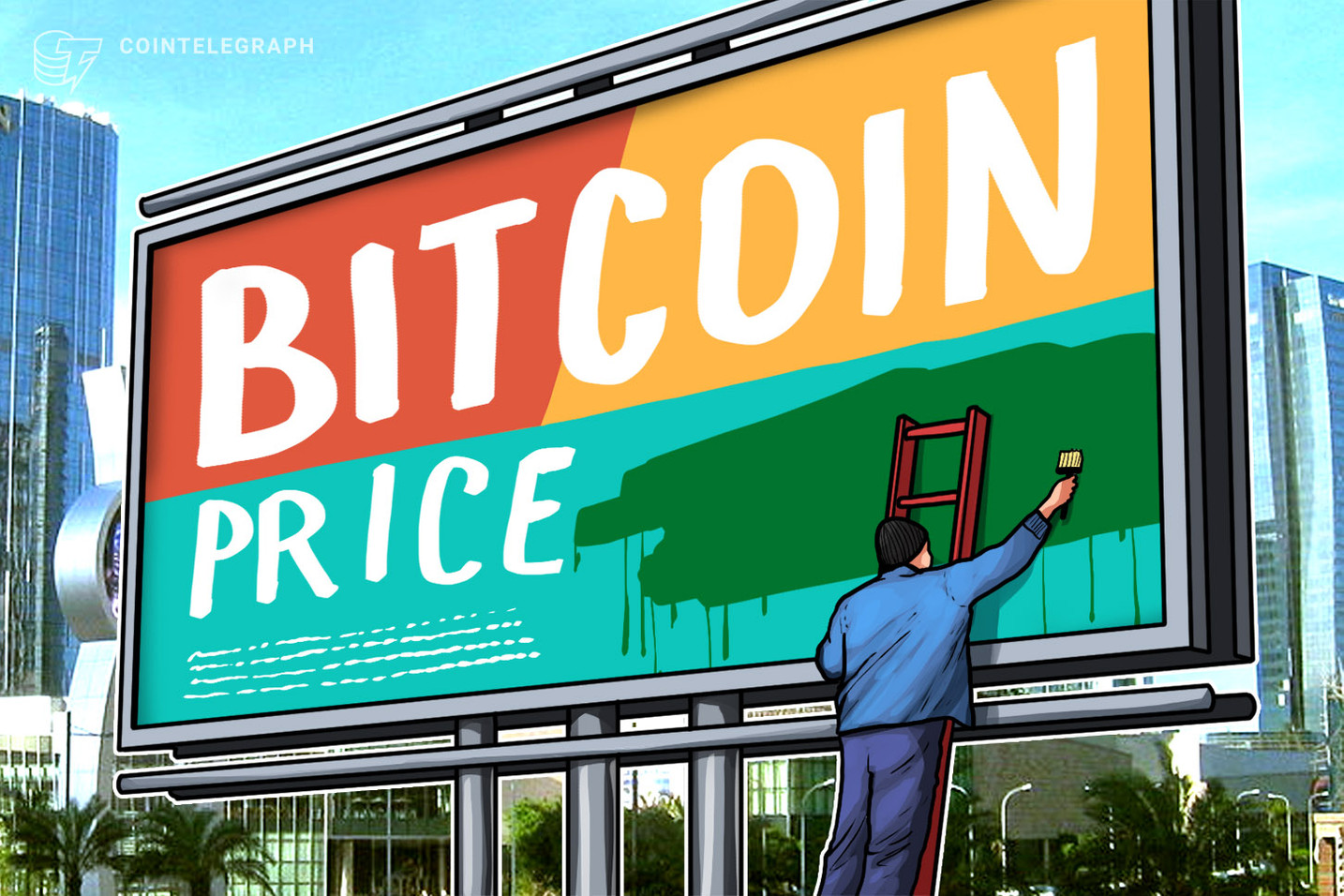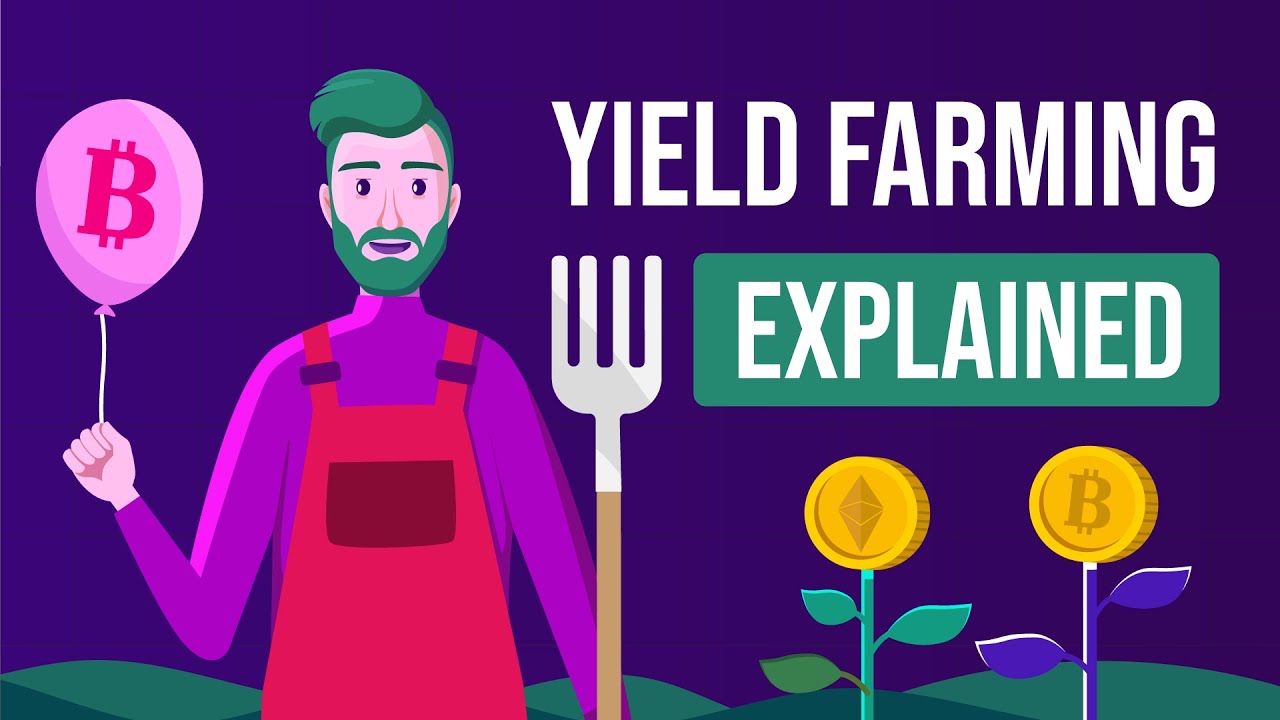Decentralized finance, often referred to as DeFi, has emerged as a game-changer in the world of cryptocurrencies and blockchain technology. What initially began as a predominantly Ethereum-based ecosystem is now rapidly diversifying into multi-chain DeFi. In this article, we will explore the growing trend of DeFi platforms moving away from Ethereum and embracing alternative blockchain networks. We will also delve into the advantages of multi-chain DeFi, the top DeFi platforms leading the charge, and upcoming DeFi projects that promise to redefine the landscape of decentralized finance.
The Rise of DeFi Crypto
Decentralized finance, or DeFi, is a revolutionary concept that brings traditional financial services onto blockchain networks, offering greater accessibility and inclusivity. DeFi has gained immense popularity over the past few years, and it all started on the Ethereum blockchain. Ethereum’s smart contract capabilities made it the perfect foundation for various DeFi apps and platforms to flourish. However, as DeFi continued to expand, it became apparent that Ethereum had limitations, leading to the emergence of multi-chain DeFi.
The Ethereum Limitations
Ethereum has been the backbone of the DeFi ecosystem for quite some time. However, several challenges and limitations have prompted the DeFi community to explore alternatives. These limitations include network congestion, high gas fees, and scalability issues. These issues have led to a significant portion of the DeFi community seeking refuge on other blockchain networks, thereby diversifying the DeFi landscape.
Multi-Chain DeFi Platforms
The transition to multi-chain DeFi platforms is driven by the need for scalability, lower transaction fees, and improved network performance. Several alternative blockchain networks have risen to prominence, offering decentralized finance platforms the much-needed solutions. Binance Smart Chain, Polygon, and Solana are some of the top contenders that have gained attention in the DeFi space. These platforms have successfully attracted DeFi projects, offering faster transaction times and reduced costs compared to Ethereum.
Binance Smart Chain – A Leading Alternative
One of the top contenders in the multi-chain DeFi space is Binance Smart Chain (BSC). Known for its incredible speed and low transaction fees, BSC has quickly become a favorite among DeFi platforms and users alike. DeFi crypto currency projects have been migrating to BSC in droves, lured by its user-friendly ecosystem and strong community support.
Polygon – The Scalability Solution
Polygon, formerly Matic Network, has also become a major player in the multi-chain DeFi realm. It offers a scaling solution for Ethereum, providing faster and cheaper transactions without compromising security. DeFi platforms looking to reduce their reliance on Ethereum are integrating with Polygon, as it allows them to tap into a wider audience while maintaining compatibility with the Ethereum network.
Solana – Speed and Efficiency
Solana, another notable player, has gained recognition for its high-speed transactions and low fees. This blockchain is proving to be an excellent choice for DeFi projects seeking a more efficient alternative to Ethereum. The flexibility and speed of Solana’s blockchain have made it an appealing choice for DeFi crypto app developers and investors.
Advantages of Multi-Chain DeFi
The move towards multi-chain DeFi brings numerous advantages to the ecosystem. Firstly, it reduces the overall risk associated with depending solely on one blockchain network. Diversifying across multiple blockchains ensures that DeFi platforms can continue to function even if one network experiences issues or congestion.
Additionally, multi-chain DeFi provides users with a more efficient and cost-effective experience. With lower gas fees and faster transaction times, users can make the most of their DeFi investments. The competition among various blockchains also fuels innovation, pushing each network to enhance its features and offer better services.
Furthermore, multi-chain DeFi platforms promote interoperability. Users can interact with different DeFi platforms seamlessly, regardless of the blockchain they are built on. This not only enhances user experience but also fosters collaboration between DeFi projects and platforms.
Top DeFi Platforms Embracing Multi-Chains
As the DeFi landscape evolves, several top DeFi platforms have embraced the multi-chain approach, expanding their reach and user base. Some of these platforms include:
- Aave: Aave, one of the leading decentralized lending and borrowing platforms, has extended its services beyond Ethereum, making use of the Polygon network to offer faster and cheaper transactions.
- SushiSwap: SushiSwap, a popular decentralized exchange (DEX), has integrated with multiple blockchain networks, including Binance Smart Chain and Fantom, to provide users with more options for trading.
- Yearn Finance: Yearn Finance, a yield aggregator, has expanded its offerings to Binance Smart Chain, catering to users looking for higher yields and lower fees.
- Uniswap: Uniswap, a prominent decentralized exchange, is also exploring multi-chain options, with a focus on integrating with Layer 2 solutions to improve scalability and user experience.
Upcoming DeFi Projects to Watch
The DeFi space continues to evolve, with several upcoming projects poised to disrupt the industry further. These projects aim to leverage multi-chain technology to provide innovative solutions and expand the DeFi ecosystem. Some noteworthy upcoming DeFi projects include:
- Deversifi: Deversifi is a Layer 2 decentralized exchange built on Ethereum that aims to offer faster and cheaper transactions while maintaining the security of the Ethereum network.
- Wormhole: Wormhole is a cross-chain bridge that enables assets to move between different blockchain networks, allowing users to access DeFi services on multiple platforms seamlessly.
- Fractal: Fractal is an upcoming DeFi project focusing on decentralized lending and borrowing, promising competitive interest rates and interoperability across various blockchain networks.
The world of decentralized finance is rapidly transitioning towards multi-chain DeFi. While Ethereum laid the foundation for this innovative ecosystem, the limitations it faces in terms of scalability and transaction costs have prompted the exploration of alternative blockchain networks. DeFi crypto apps and platforms are now looking to diversify their offerings by integrating with blockchains like Binance Smart Chain, Polygon, and Solana.
The advantages of multi-chain DeFi are clear: improved scalability, lower transaction fees, increased interoperability, and reduced risk. This shift is driving innovation and competition, benefiting both users and developers.
As top DeFi platforms continue to expand their reach across multiple chains, and upcoming projects introduce new solutions, the DeFi landscape is set to become more diverse and inclusive. The future of decentralized finance is undoubtedly multi-chain, providing users with a wider array of choices and opportunities for growth. As DeFi investment opportunities grow and evolve, it’s clear that the multi-chain approach is here to stay.
